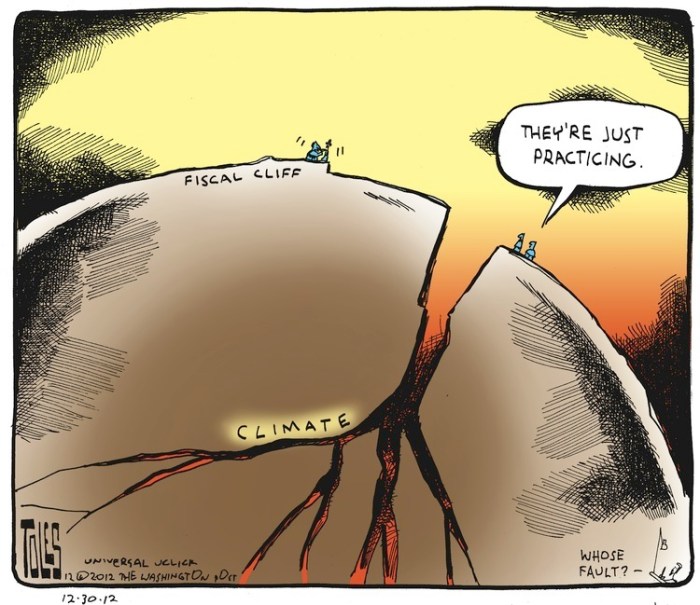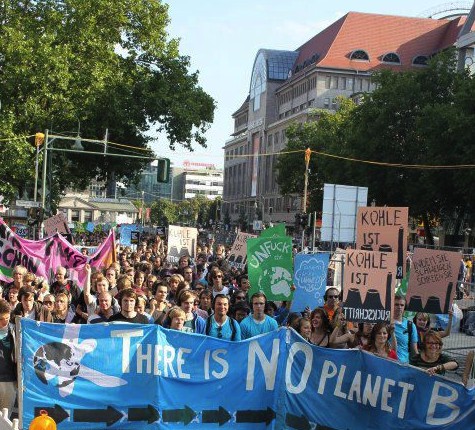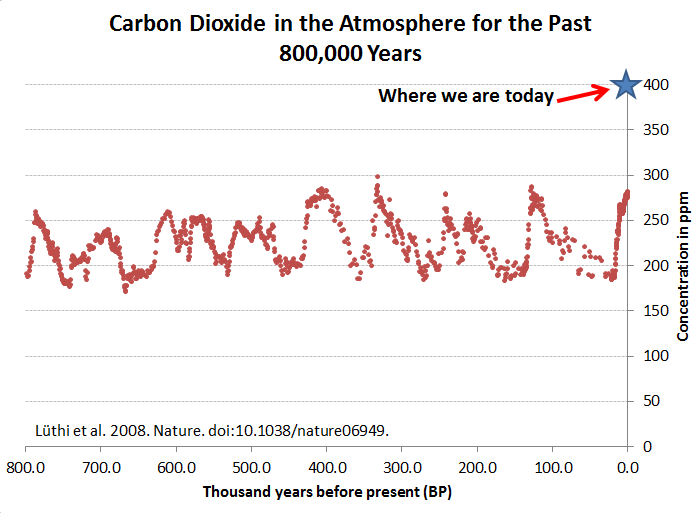Life survives miles below the Earth’s surface
By Stephen Leahy
UXBRIDGE, Canada, Mar 5 2013 (IPS)
Every living thing from bacteria to President Barack Obama is made of carbon from exploding stars.
Billions of years ago, motes of carbon and other stardust formed the Earth. Carbon is the basis of all life but most vanished deep inside the planet, researchers now believe. And surprisingly, life thrives inside the rocky layers kilometres below our feet.
“Microbes survive by eating rock at those depths,” said Robert Hazen, executive director of the , a decade-long, global collaboration investigating the inner workings of the planet.
“Life is very different under those tremendous pressures and temperatures,” Hazen told IPS.
The variety of bacterial life at extreme high-pressure depths worldwide constitutes a subterranean “Galapagos”, he said. There may be as much as half of all life in the ground deep below us, according to one estimate, although Hazen thinks that might be too high.
“Drill a hole one or two kilometres deep just about anywhere and you will find a sparse but hardy microbial community,” said Isabelle Daniel of l’Université Claude Bernard in Lyon, France.
“These deep microbes, which live in the tiniest cracks and fissures in rocks, survive on the chemical energy of minerals,” said Daniel, who is one hundreds of scientists involved in the Deep Carbon Observatory (DCO).
DNA analysis reveals a diversity of microorganisms, mainly single-celled. However, deep below the ocean floor live fungi-like organisms with complex cell structures. Researchers estimate that these are extraordinarily long-living organisms, conceivably living for millions of years.
“There are also a huge numbers of viruses, their DNA carefully inserted into living cells,” said Hazen.














